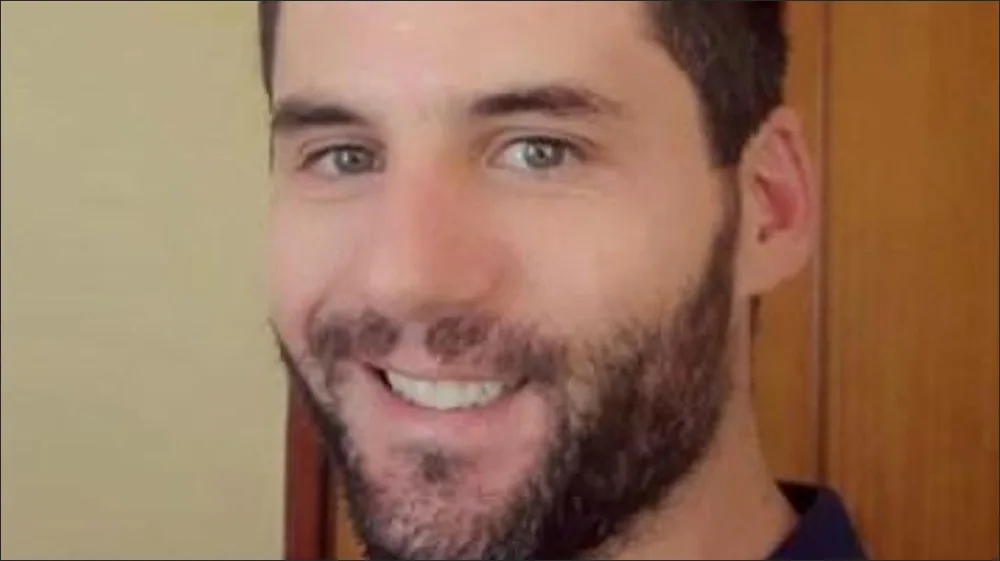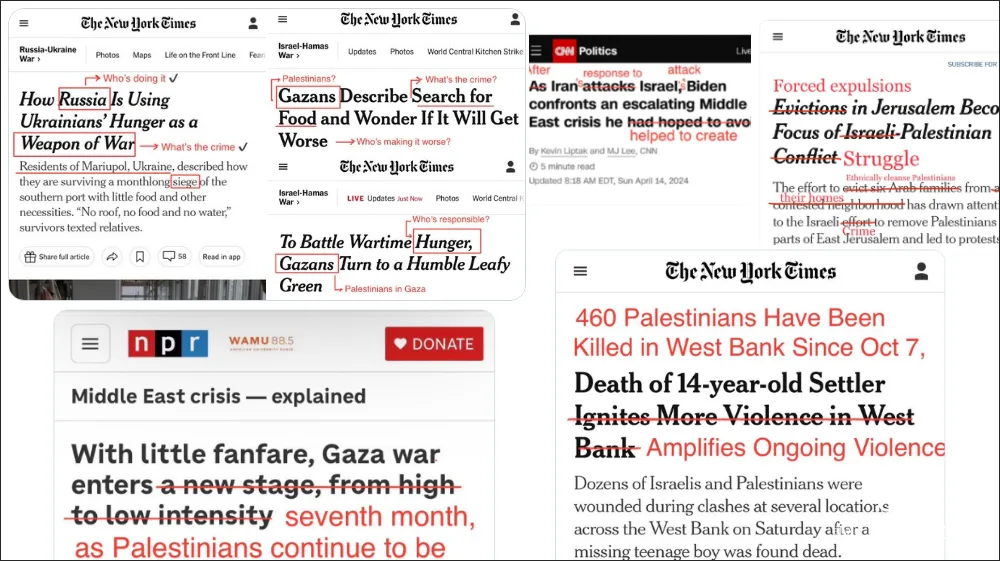The graffiti that was spray-painted last week on the sidewalk in front of the home of a Muslim family in Homer Glen (“Man charged with spray-painting anti-Muslim graffiti in Homer Glen,”Sept. 20) was a cowardly act that should be condemned by all faith communities in the Chicago area. It’s noteworthy that the graffiti included crosses and a denigration of the prophet of Islam, which is against Christianity’s message of love. Jesus Christ called “loving your neighbor as yourself” the greatest commandment, after loving God with all your heart.
That Islamophobic, cowardly act proves that many Americans are still struggling to accept Muslims as part of the American social fabric, 17 years after the attacks of 9/11. Some Christian churches are not doing enough to welcome Muslim immigrants and refugees into our midst, and others are actually subscribing to the fear-mongering agenda of the far Christian Right.
At Salam Christian Fellowship in Lombard, we strive to welcome the stranger among us, help refugees and new immigrants, and provide social services to help them integrate into the American community.
Islamic centers in the Chicago area should help Americans understand that most Muslims are moderates who came here for the American dream, and do not subscribe to an extremist, terrorist agenda. Islamic centers need to launch a dialogue in the West about the Islamist ideology espoused by the Muslim Brotherhood, which borrows from fascism. Muslims in many instances have proven that they do not want to live under Islamic Sharia law that the Brotherhood and other Islamists adopt.
All faith communities need to work together in order to overcome xenophobia and keep our society safe.
Hesham Ali Shehab, Lombard
Carbon fees on fossil fuels
Thanks for publishing Jesse Jackson’s op-ed, (“By enforcing climate change denial, Trump puts us all in peril”, Sept. 17). I don’t often agree with Jackson, but on this subject, he couldn’t be more accurate. Science can now estimate how global warming from human activity contributes to additional rainfall and storm intensity during hurricanes. So, we can now measure impacts and attribute costs to Trump’s “do nothing” plan for global warming.
As Jackson points out, Trump’s singular focus on reducing regulatory costs for industry (by rolling back auto emission standards, scuttling the Clean Power plan, methane leak regulation rollbacks) worsens global warming and hurricane intensity. This narrow focus ignores the very real economic costs of climate damage. Taxpayers get stuck with significant additional FEMA, infrastructure and other storm impact costs, related to these industry-friendly regulatory giveaways.
It’s time to recognize the huge social costs and future liabilities of allowing big oil, gas and coal to freely use our atmosphere as their garbage can. Since the administration hates regulation, it should support a steadily increasing carbon fee on greenhouse gas emissions from these energy providers. The “fee” would get returned to every household to offset increased fossil fuel costs. Within 10 years, green energy sources would become cheaper than fossil fuels.
In an orderly market transition, the markets would flip towards lower or non-emitting energy sources, with consumers pocketing the savings. This plan, unlike Trump’s Affordable Clean Energy plan, grows jobs and GDP, and reduces future global warming impact.
Andy Panelli, Homer Glen
Cannabis in Coke?
I had to re-read the article in the newspaper the other day (“Coke is ‘closely watching’ the market for drinks infused with cannabis extract,” Sept. 19) to make sure I hadn’t misread it. Cannabis in Coke, really! Why would you put any medication in a soft drink that a child could inadvertently pick up and drink? Pain medication is just exactly that — pain medication. It should be treated as such and never camouflaged in a soft drink. Who would ever think this is a good idea?
Janet Lumm, Schaumburg
Toxic waste from Florence
Millions of factory- farmed animals have drowned as a result of Hurricane Florence. Their pathetic lives have been cut short. But the toxic waste from flooded “lagoons” of pig waste that now permeates our land and air remains a serious threat with unforeseen consequences. North Carolina alone creates 10 billion pounds of wet animal waste annually.
In the interests of all of us who breathe and eat, mainstream media must acknowledge this issue so it can be dealt with.
Nancy Faust Jenkins, Mundelein
This article originally appeared on chicago.suntimes.com







